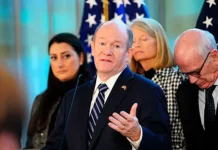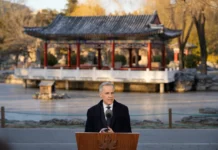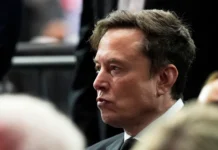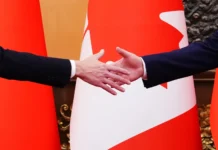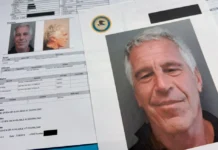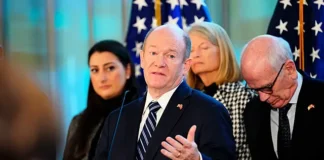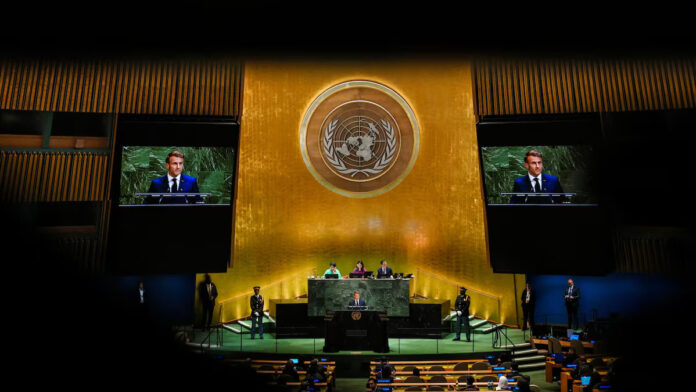
Growing international frustration over the war in Gaza erupted on the global stage this week, with several key U.S. allies formally recognizing a Palestinian state, mounting a major diplomatic challenge to President Donald Trump’s Middle East policy.
Britain, France, Canada, and Australia announced their recognition of Palestine just before and during the United Nations General Assembly, defying Trump’s warnings that such moves reward “horrible atrocities” by Hamas.
The announcements come as Israel intensifies its military operations in Gaza, including a new ground assault on Gaza City, while global condemnation of the worsening humanitarian crisis grows louder.
Trump entered his second term vowing to quickly end the nearly two-year war between Israel and Hamas but now appears sidelined as Israeli Prime Minister Benjamin Netanyahu presses ahead with military escalation.
Earlier this month, a surprise Israeli strike on Hamas leaders in Qatar derailed Washington’s latest attempt to broker a ceasefire and hostage-release deal.
Despite his frustration with Netanyahu, Trump has refused to use Washington’s leverage, including arms supplies and diplomatic cover at the U.N., to pressure Israel to halt its campaign. The U.S. last week vetoed a Security Council resolution demanding an immediate and permanent ceasefire.
“Trump has not been able to achieve any major progress or gains in the region,” said Brian Katulis, a senior fellow at the Middle East Institute. “In fact, things are worse than when he entered office.”
French President Emmanuel Macron used his appearance in New York to call on Trump to stop the war if he truly seeks to be seen as a global peacemaker. “There is one person who can do something about it, and that is the U.S. president,” Macron said, noting that Washington’s weapons shipments have enabled Israel’s campaign.
Trump met on the sidelines of the U.N. with leaders from Saudi Arabia, the UAE, Qatar, Egypt, Jordan, Turkey, Indonesia, and Pakistan to push proposals for post-war governance in Gaza without Hamas involvement and to seek Arab and Muslim contributions to a future security force.
Meanwhile, analysts warn that the Abraham Accords, Trump’s signature diplomatic achievement normalizing ties between Israel and several Arab states, could unravel if Israel moves to annex parts of the occupied West Bank, a step Netanyahu’s government is openly considering.
The UAE has threatened to suspend its participation in the accords if annexation proceeds.
Whether Trump will eventually pressure Netanyahu remains uncertain, but analysts say his credibility as a “master negotiator” is at stake.
“It all depends on Trump, who could end this war with one choice word to Israel’s prime minister,” said Laura Blumenfeld, a Middle East expert at Johns Hopkins University. “That word is ‘enough.’”
Source: Reuters
Written By Rodney Mbua









